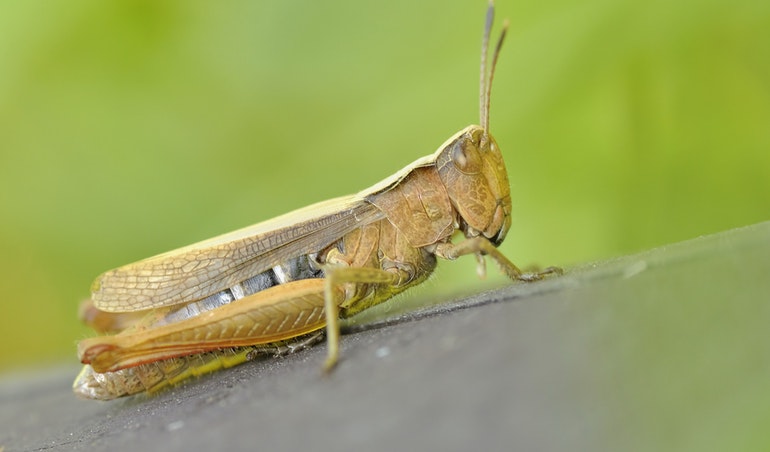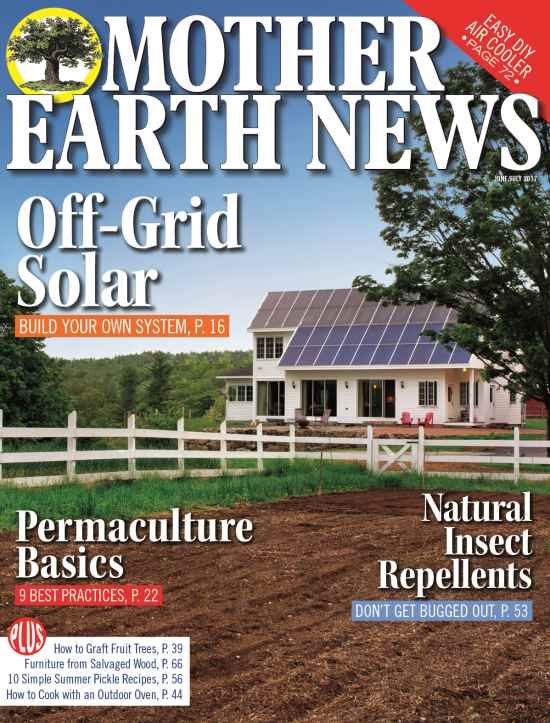Agriculture depends on a healthy insect population. Pollination affects the productivity of crops, and helpful species like the honeybee are an essential part of the process. In your field of work, you certainly don’t underestimate the work these little guys do for the ecosystem.
That said, you’re almost certainly aware of the tiny creatures that do pose a threat. Harmful pests like termites, wasps, and ants have the potential to cause significant damage to a homestead and threaten the health of your livestock. They do little to help your land, and you’re far better off without them.
So what actions can you take to ensure your property is safe and secure? What precautions will guard your homestead against harmful pests? In this article, we’ll walk you through five simple suggestions that you can implement to protect the place where you live from unwanted guests.
1. Remove Plant Matter and Debris
A messy property is a perfect place for large populations of harmful pests to grow and reproduce. Plant matter and debris can serve as a shelter to insects, allowing them to increase their numbers and prepare an attack. Take a long walk around your farm to note any piles that appear suspicious.
Regular maintenance can ensure that harmful pests have fewer places to hide. You should attend to smashed vegetables and small mounds of compost next to your homestead, taking a proactive approach to the problem before it escalates. Cleanliness allows for visibility, helping your assessment.
2. Limit Availability of Food and Water
Pests require the same necessities that you need to survive. In limiting the availability of food and water, you can derive them of sustenance and gradually decrease their population. The area around your homestead should prove inhospitable to anything you don’t want living, eating and multiplying there.
Make sure to place your outdoor garbage in sealed containers at a distance from the entrance to your homestead. To restate an earlier point, discard plant waste often to stop debris from accumulating, and keep your property free from clutter. You should attend to any outdoor spills as soon as possible.
3. Check Firewood for Termites
The firewood that you collect and chop to keep you warm in the winter occasionally carries unwanted cargo. To keep it free of termites, store your stock on a raised platform away from your homestead. Carefully inspect each piece of wood for the presence of harmful pests before bringing it indoors.
As an alternative to traditional firewood, you can visit a store in town and purchase compressed paper bricks. You also have the choice of using organic briquettes, comprised of recycled materials like rice husks and corn cobs. Both of these options are more environmentally friendly than standard logs.

4. Schedule an Inspection
Contact a pest control company and have a credentialed professional visit your property to perform an inspection. You can learn a lot from a quick consultation, and they might provide actionable advice on how to better protect your homestead from pests. You can implement some of these changes yourself.
Pest control professionals know what to look for in a structure, and can often identify areas susceptible to damage. Their expertise can guide you in the right direction, and if a service seems appealing, it can act as a smart preventative measure. A qualified individual will likely catch something you’ve missed.
5. Monitor and Manage Grazing
Parasites threaten the health and wellness of livestock, so you should take care to monitor their grazing. Animals often acquire parasites through overgrazing, so pasture rotation is a reliable method of preventing the problem. With subdivided fields, you should move your livestock to a new area every six days.
Some species of parasite struggle to survive in certain animals. Grazing goats and sheep on the same pasture as horses and cattle can effectively end the parasite life-cycle, as the organisms are unable to adapt to that diversity. With a few easy changes in procedure, you can significantly reduce the risk of parasites.
Protection Against Harmful Pests
It’s true that insects serve an important purpose in agriculture. That said, there’s a significant difference between a honeybee and a termite, and harmful pests have no place on your property. Through the suggestions detailed in this article, you can guard your homestead against the threat of bugs.
With a little work, you’ll find that pests are a thing of the past.










